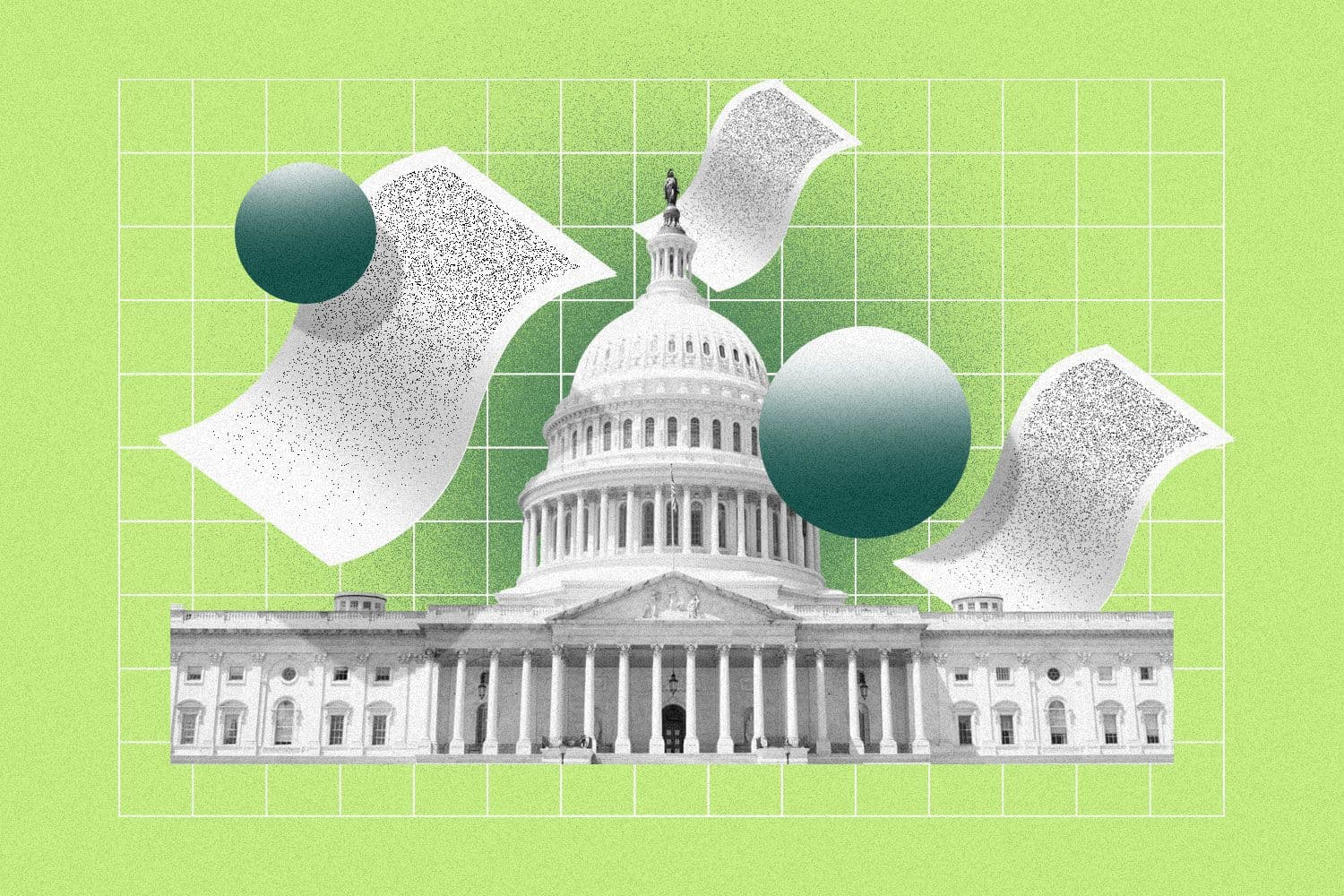Legislative lowdown: Joint-employer rule to take effect later than expected
A new joint-employer standard is now set to take effect in February, as the NLRB handles legal challenges to the rule.

Francis Scialabba
• 3 min read
Courtney Vinopal is a senior reporter for HR Brew covering total rewards and compliance.
A new rule for determining joint-employer status will take effect later than the date originally planned, the National Labor Relations Board (NLRB) said on Nov. 16.
The rule, which had been set to take effect on Dec. 26, 2023, will now take effect on Feb. 26, 2024, according to a change published in the Federal Register.
In a statement, the NLRB said it pushed back the date in order to “facilitate resolution of legal challenges with respect to the rule.” Since the standard was announced in October, a coalition of business groups have sued to block the rule, while lawmakers have sought to overturn it.
Background on joint-employer rule. The rule would make it easier for two businesses to qualify as a joint-employer of a group of employees. If two companies are considered a joint employer, they are then legally liable for one another’s actions—including unfair labor practices—and must bargain with unions representing the workers they oversee.
The rule could open up a pathway for more workers to unionize at big companies like McDonald’s or Amazon, the Associated Press reported, given these firms might be required to negotiate with workers employed by independent contractors or franchisees.
A number of business groups, including the Chamber of Commerce, International Franchise Association, and American Hotel and Lodging Association, sued the NLRB on Nov. 9 to block a new joint-employer standard adopted by the board. In a lawsuit filed in federal court, the plaintiffs argued the new rule “replaces a clear standard, under which employers have tailored their business arrangements, with an arbitrary and uncertain standard that threatens chaos and indeterminacy in national labor relations across major industry sectors.”
Quick-to-read HR news & insights
From recruiting and retention to company culture and the latest in HR tech, HR Brew delivers up-to-date industry news and tips to help HR pros stay nimble in today’s fast-changing business environment.
Lawmakers in Washington, DC also introduced a Congressional Review Act resolution seeking to overturn the rule.
New deadline follows a GAO decision. The NLRB pushed back the effective date of its new joint-employer rule after the Government Accountability Office (GAO) found it didn’t comply with a federal regulation requiring a 60-day delay from when a rule is published in the Federal Register, or is received by Congress (whichever happens later).
Given the Senate received the final rule on Oct. 30, the effective date of Dec. 26 was not in compliance with this delay requirement, the GAO wrote on Nov. 9.
Should the rule take effect come Feb. 26, it’s likely to have a significant impact on franchisors and businesses that hire workers through staffing firms, Bloomberg Law reported. A national fast-food chain could be required to negotiate with a union representing workers at one of its independently-owned franchise locations, for example, if the NLRB ruled both the franchisee and its national parent franchisor were joint employers.
Quick-to-read HR news & insights
From recruiting and retention to company culture and the latest in HR tech, HR Brew delivers up-to-date industry news and tips to help HR pros stay nimble in today’s fast-changing business environment.